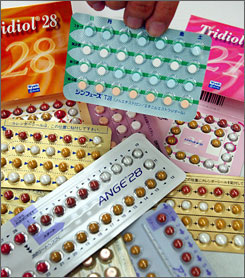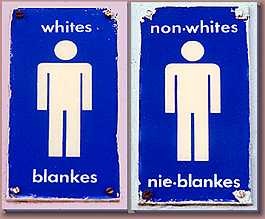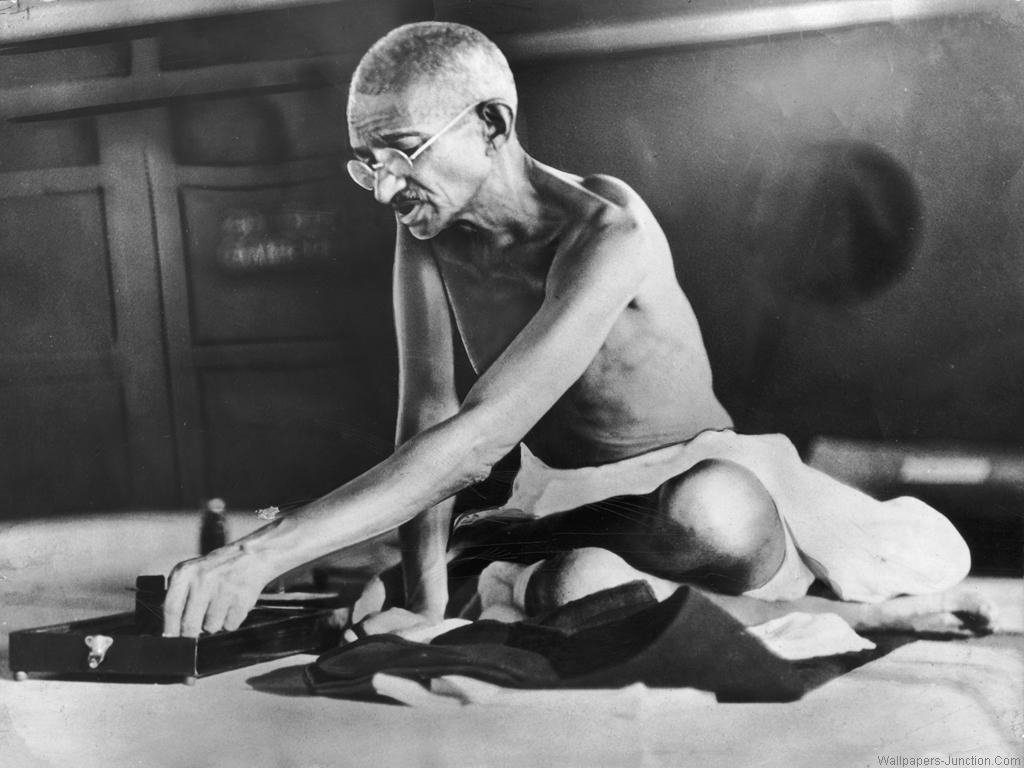By 1900 only one country allowed women to vote, by 1975 only 129 were allowed. Even once they received the right to vote their were still differences in education and pay. By the late 1960's almost all women were now given access to birth control. This was seen as a major progression as it gave women the control to choose if they wanted to get pregnant, when they want to get pregnant, do they even want to have a family. It also gave them more control over their career and schooling. With this opportunity to have more schooling and in turn being able to now work full-time, they were only making 64% of what men were making even though they were working the same job. This was known as the "Pink-Collar" syndrome. In 1966 the National Organization for women was created, they attempted to get the Equal Rights bill amendment which would prohibit any discrimination agains women. In 1973 the Supreme Court struck down laws which prohibited abortion.
The first advancement that the united states made for african americans were the fact that they were freed from slavery in the 1860's. However, they were still different social, economic and political circumstances by the 1950's. It began in 1954 when the supreme Court ruled to desegregate schools. Shortly after that parks, public housing, buses and air terminals followed shortly after. John F. Kennedy was the first president to talk of a civil rights bill. He was assassinated before this bill could pass. Lyndon Johnson convoked congress to pass Kennedy's Civil Rights Bill, which allowed the government to cut off funding to any program that practiced discrimination. He also created VISTA which worked with his group the Great Society. They would go in and help clean up the inner cities trying to help eradicate poverty. The last thing he brought in was the Voting Rights Act, this act outlawed the literacy tests needed to vote.



 RSS Feed
RSS Feed